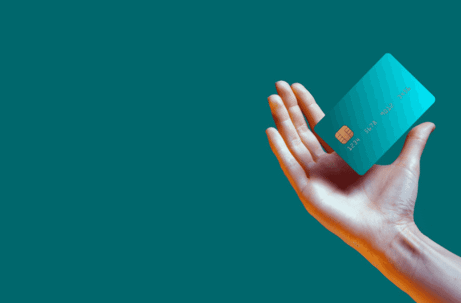A worldwide pandemic brings devastation, along with many surprises. For millions, there were unexpected job losses, interrupting careers that had been decades in the making, along with newer jobs for younger workers who may have been very excited to join the job force—only to get stopped barely before they got started. Health concerns may have been at the forefront, but as a whole, the coronavirus brought a huge hit to the US economy too.
Student loan debt was immediately at the center of nationwide financial concerns. And while millions of federal student loan borrowers may have received quite generous deferments, private student loan borrowers were ignored for the most part and left to fend on their own in terms of making what could be incredibly sizable monthly payments. Private student loan servicers began offering programs, but it took some time—and for the most part, any relief offered was nothing close to what The Cares Act yielded for many federal borrowers.
The tragedy of losing hundreds of thousands of people to COVID-19 was sadly accompanied by troubling financial times, only exacerbated by sickness, unemployment, and extraordinary stress for most over how to pay the mortgage and rent, buy groceries, and eek out whatever monthly payments possible for typical bills. Considering that a large portion of the American workforce does not have an emergency fund built up, could not afford to handle even a moderate medical debt for an illness or an accident, and lives paycheck to paycheck, unemployment was a huge financial hit for most households.
For Americans lucky enough to have one or more credit cards with low balances to rely on (as well as the foresight to take out credit with the onset of COVID restrictions and repercussions), there was a fallback in being able to use credit to get by for a short time. And while that may have offered some peace of mind, it was short-lived for most.
As the world and the US began to return to some bit of normalcy, so did all the calls from creditors and debt collection agencies, along with more aggressive collection activity like lawsuits. If you found yourself in worse credit card debt than ever or are being sued over debts accrued prior to COVID-19, speak with an attorney as soon as possible not only to examine your options but also to protect your financial future. While this may have been one of the most stressful times of your life in terms of worrying about health and money, strangely, it is also one of the best times to negotiate with creditors and debt collection agencies.
If you are being sued, act quickly. Without any attention to such legal matters, you could find yourself dealing with a default judgment, leading to much worse financial woes like wage garnishing up to 25 percent of your disposable income, loss of personal property, and even loss of control over financial accounts.
Speak with an attorney from Fitzgerald & Campbell, APLC as soon as possible to examine your options. Our attorneys have decades of experience in serving clients as they navigate through challenging financial situations, to include student loan issues, bankruptcy, and other debt management processes. We are here to help! Click here to schedule a free 30-minute consultation, call us at (844) 431-3851, or email us at info@debtorprotectors.com.

